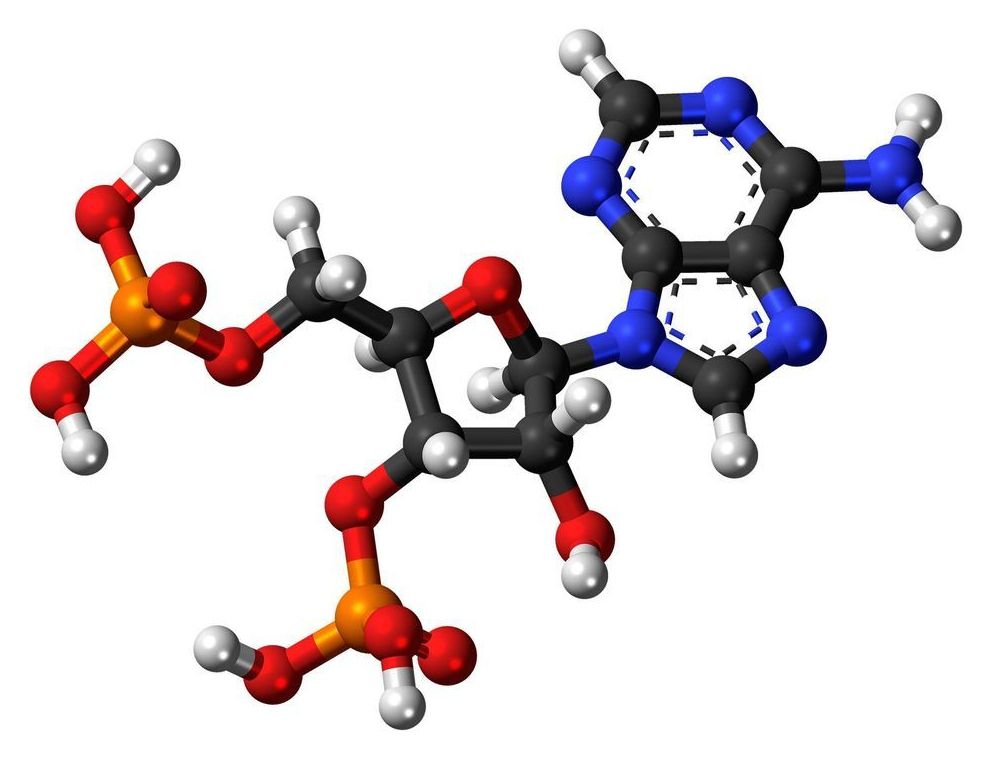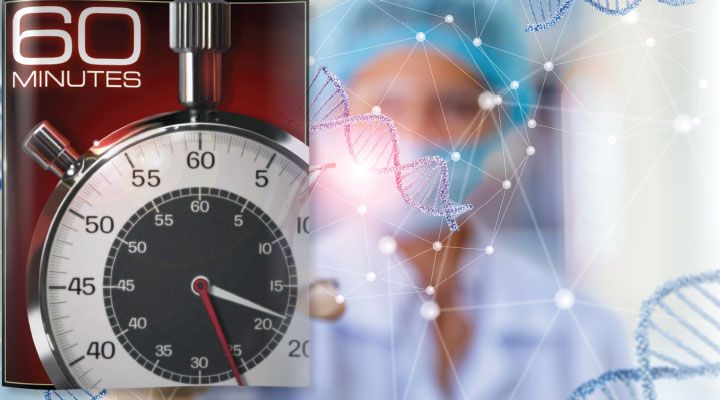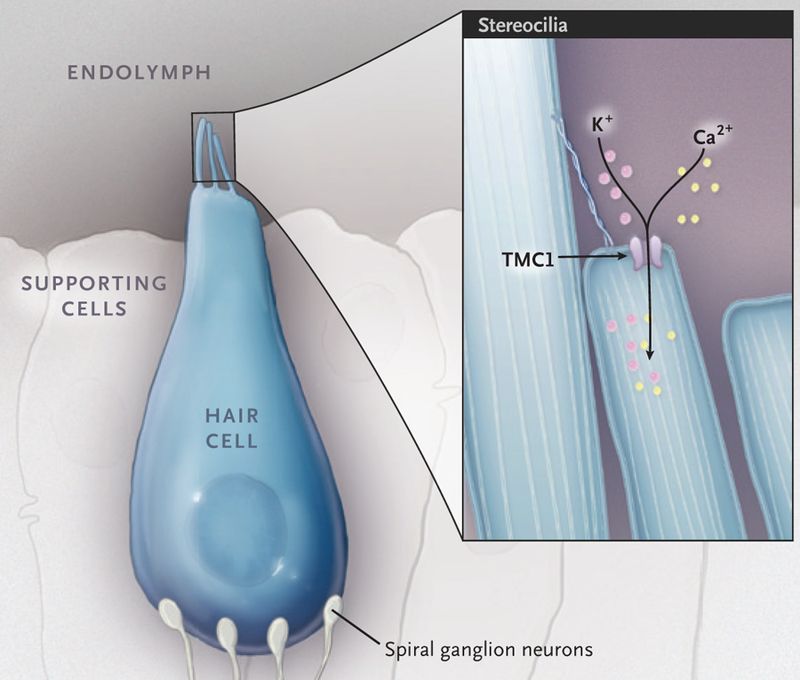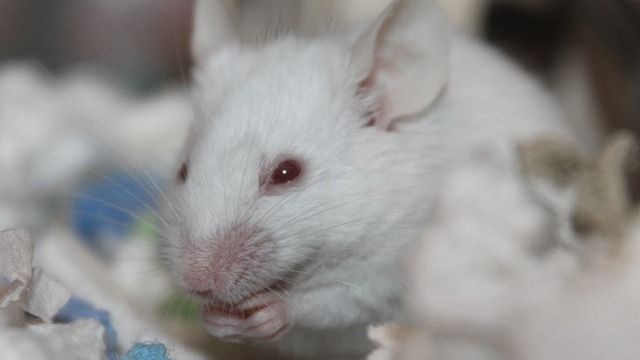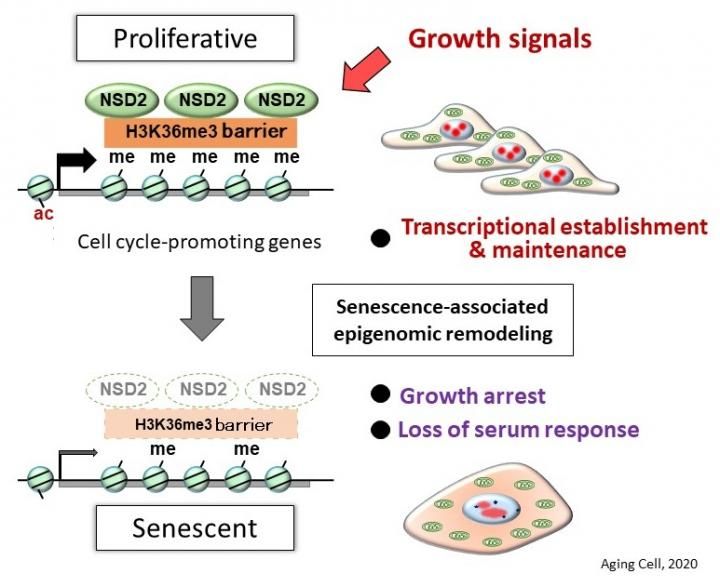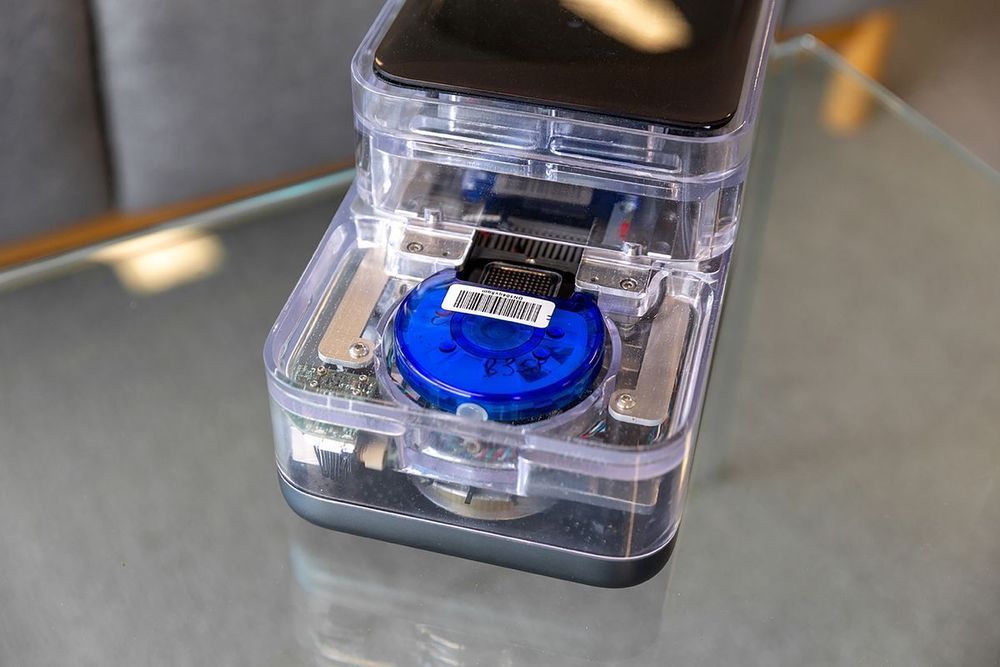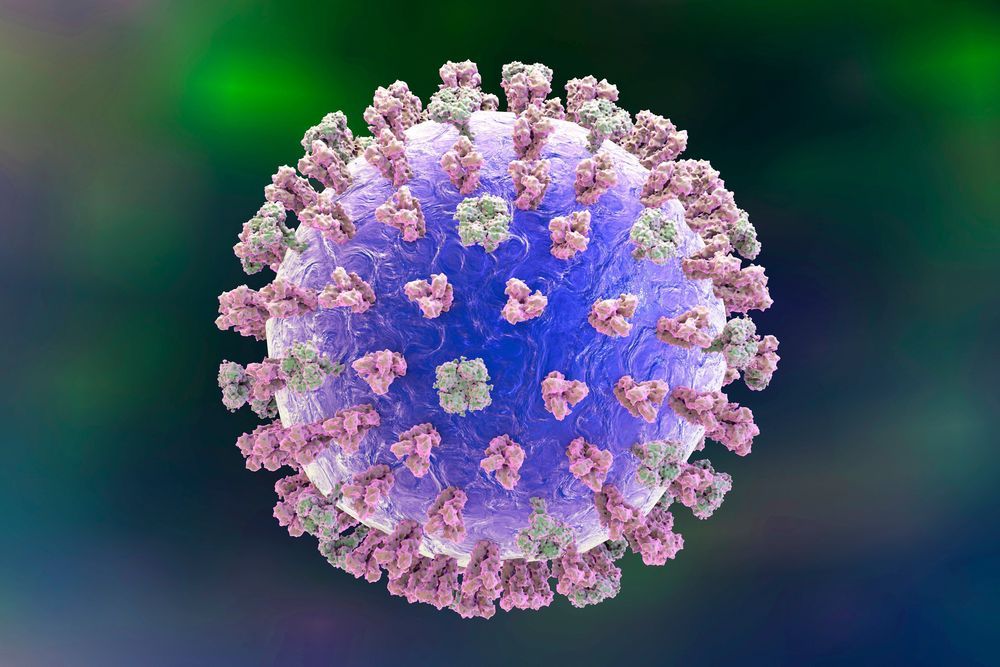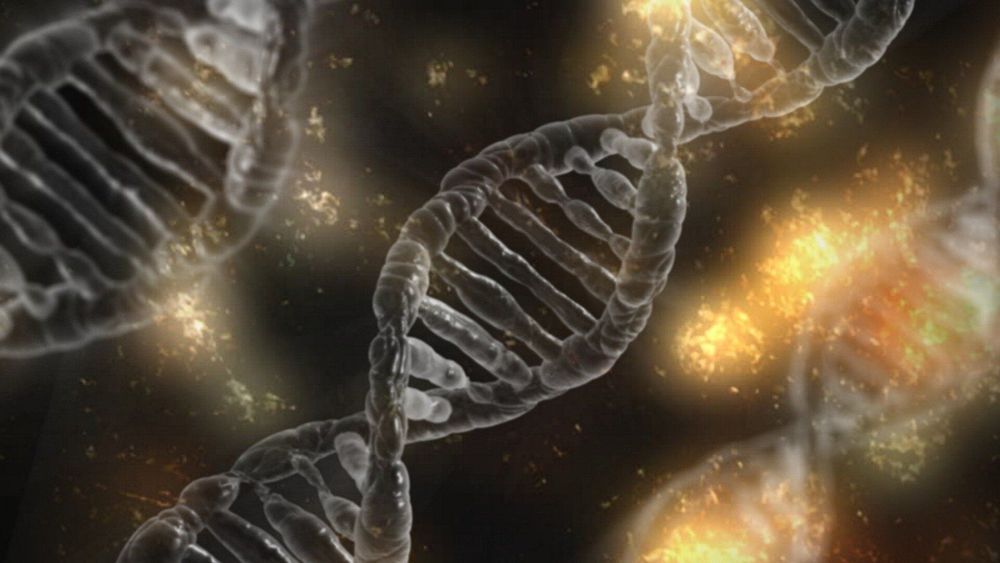Aug 12, 2020
A cancer mystery more than 40 years old is solved thanks to epigenetics
Posted by Genevieve Klien in categories: biotech/medical, genetics
Before the first oncogene mutations were discovered in human cancer in the early 1980s, the 1970s provided the first data suggesting alterations in the genetic material of tumors. In this context, the prestigious journal Nature published in 1975 the existence of a specific alteration in the transformed cell: an RNA responsible for carrying an amino acid to build proteins (transfer RNA) was missing a piece, the enigmatic nucleotide ‘Y.’
After that outstanding observation, virtually no developments were made for forty-five years on the causes and consequences of not having the correct base in RNA.
In an article published in Proceedings of the National Academy of Sciences (PNAS) by the group of Dr. Manel Esteller, Director of the Josep Carreras Leukaemia Research Institute, ICREA Research Professor and Professor of Genetics at the University of Barcelona has solved this mystery by observing that in cancer cells the protein that generates the nucleotide Y is epigenetically inactivated, causing small but highly aggressive tumors.
